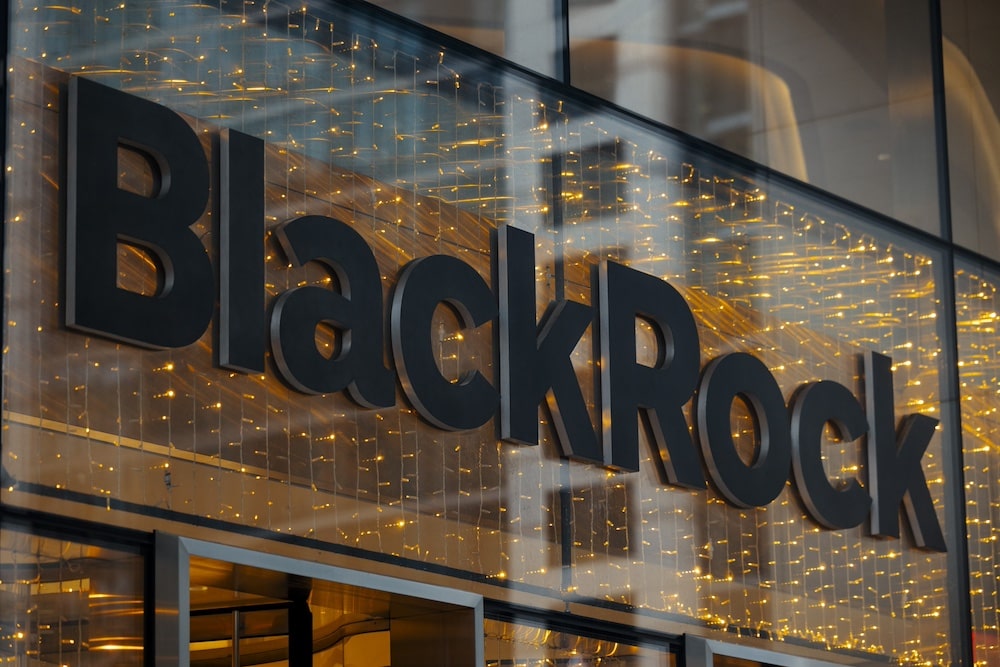Bitcoin exchange-traded funds have had another terrible day, recording a ground-breaking $563.7 million outflow.
On Wednesday, the Bitcoin exchange-traded funds (ETFs) suffered another terrible day, witnessing a cumulative, groundbreaking $563.7 million outflow. BlackRock’s iShares Bitcoin Trust (IBIT) saw $36.9 million exit the fund for the first time, marking a significant event in its history.
While all ETFs experienced outflows, the departure of funds from IBIT for the first time highlights a notable shift in investor sentiment. This move sheds light on a potential re-evaluation among investors regarding their exposure to Bitcoin via ETFs, indicating a need for caution and further analysis.
According to data source Farside Investors, Fidelity’s FBTC led the outflow with a significant loss of $191.1 million, while Grayscale ETF (GBTC) witnessed the second-largest outflow of $167.4 million. These were followed by ARKB’s $98.1 million and BlackRock IBIT’s $36.9 million.
Wednesday’s cumulative net outflow marked the largest since the funds began trading on January 11. Investors have withdrawn nearly $1.2 billion from the ETFs since April 24. This might be alarming to bullish on FBTC and IBIT as these ETFs were consistently attracting funds in the first quarter, making up for the regular large outflows from the relatively expensive GBTC. Although this may cause short-term volatility, it could also open up opportunities for long-term gains.
What the Outflow Means for ETFs
Nate Geraci, president of the ETF Store, recently commented on the recent outflows recorded by the ETFs. He pointed out that such outflows are common and do not necessarily indicate a problem. According to Geraci, “This is simply what ETFs do. Inflows don’t go up in a straight line.”
Furthermore, the Federal Reserve recently announced its plans to curtail its quantitative tightening program, also known as QT, starting in June. In addition, the U.S. Treasury has launched a new program to buy back government debts worth billions of dollars, which is the first such buyback in the past two decades. This move is expected to have a significant impact on the market.

